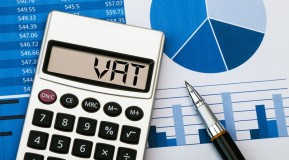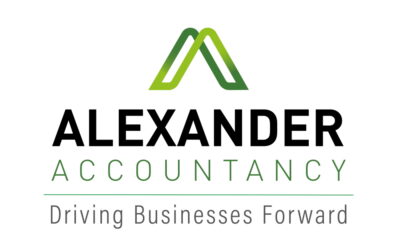
8th June 2021 Posted by - Alexander Accountancy
Distance selling is the term used to describe supplies of delivered goods from one EU Member State to a customer in another member state who is not registered for VAT.
The recipients of most distance sales will be private individuals, but they can also include small, unregistered businesses, businesses making only exempt supplies, charities and public bodies.
Following the Brexit terms, distance selling can still occur on the movement of goods between the EU and Northern Ireland. Under the terms of the agreement, there can be distance selling for VAT purposes when a business supplies and delivers goods to a customer who is not registered for VAT from:
- an EU country to Northern Ireland
- Northern Ireland to an EU country
- one EU country to another EU country
The UK distance selling threshold is £70,000 per calendar year. If the value of a supplier’s distance sales into Northern Ireland is under this level, then VAT should be charged at the rate that applies in the seller’s home country. If the value of the distance sales goes over the threshold the supplier must register for UK VAT and start accounting for UK VAT. They may also apply for voluntary registration if their sales are under £70,000 in the calendar year.
The distance selling rules are intended to combat distortion of trade and unfair competition by transferring the place of supply to the Member State in which the customer receives the goods.
